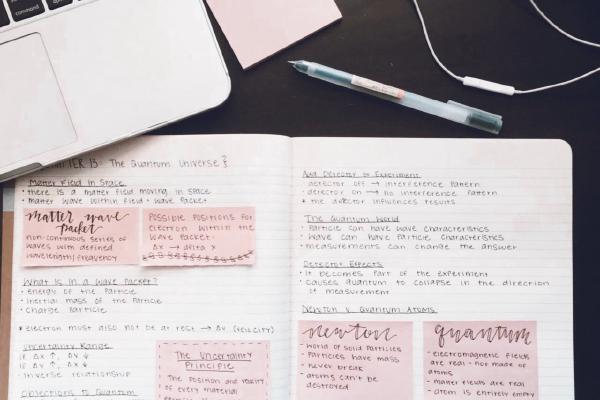How to memorize better

🖤
Today we will talk about how to better memorize foreign words. This post is based (partially) on a youtube video from Anastasia Kay. I love Nastya very much, she is a cool person who has devoted a lot of time to neuroscience, as well as studying the areas of planning, time management, and productivity.
The idea to figure out how best to memorize new words were born from a large amount of information that we are asked to study in French lessons. I work in the intellectual field and after work, it is very difficult for me to jump into a new intellectual job. I began to feel that I was in some kind of endless working day. I would like learning to be enjoyable and that I spend 2-3 hours a day not on cramming, but on acquiring knowledge that I could easily apply. The Self-Reference Effect comes to the rescue.
The Self-Reference Effect.
Nastya in the video analyzes how our brain reacts to unfamiliar words and how it remembers them. Fortunately, we cannot memorize everything. For example, when we read the ingredients on a bottle of shampoo, we do not remember the names of chemical elements, but that is why our brain does not remember foreign words from the first reading either. For him, these are all the same ingredients on the bottle! 🤓
We need to help our brain distinguish useful foreign words from useless words. For this, you need to use The Self-Reference Effect of our memory. The full article on this effect is here.
How it works:
- The new word needs to be tied to the context that is close to you. I show with the example of the word boire (drink):
I bois coffee every morning.
No, I’m not crazy. You can pronounce it this way, including a foreign word in a Englisg sentence, just so that logical connection is built for our brain.
- Or, for example, my teacher gives us a sentence to learn:
Je vais à Roissy tous les jours. (I go to Roissy every day)
I don’t know what Roissy is and why I go there too. Therefore, to better remember, you can refer to yourself:
I vais to Montreal every day because I work there. -> Je vais à Montreal tous les jours, c’est là que je travaille.
By memorizing a word and linking it to the context about yourself, it will be easier for you to use this word in everyday life and other contexts. This exercise works well for verbs, not just nouns.
Flashcards. Memory cards.
Probably many of you are familiar with flashcards. These are cards (paper and electronic) on the front side of which there is a question/word/concept, and on the backside - a translation or explanation. According to the research, scientists have found that our brain is better at remembering a word, which is supported by a picture. Even in childhood, all our books with words contain pictures, they do not throw a dictionary at a child.
The anki application comes to help in creating cards (with pictures). The process of creating cards is described below:
- Launch the application -> Press the ** Add ** button in the navigation menu.
- Select the ** Front ** column (this is the front side of the card) -> Click on 📎 -> Add a picture. _Choose a picture you like, they can be found on Pinterest _. Select the ** Back ** column and write the word there. Add. When finished with the cards, close this window. The cards are ready.
- Click ** Study now ** on a new set.
You can also create cards with pictures in the pro version of the Quizlet app.
Where to get words?
If you are taking courses, take words from the curriculum. If you are learning foreign languages on your own, I recommend using Frequency used words. You can download word sets for different languages here.
Stay connected! ✨